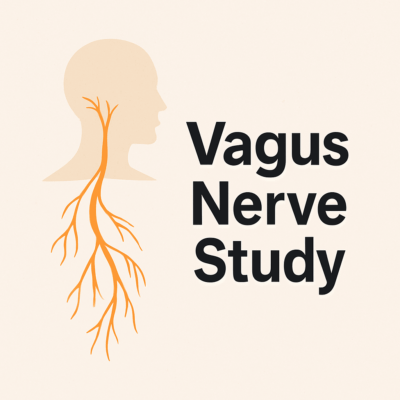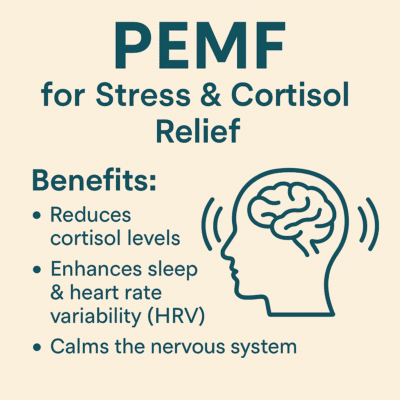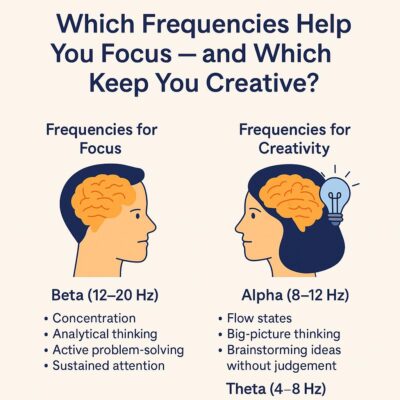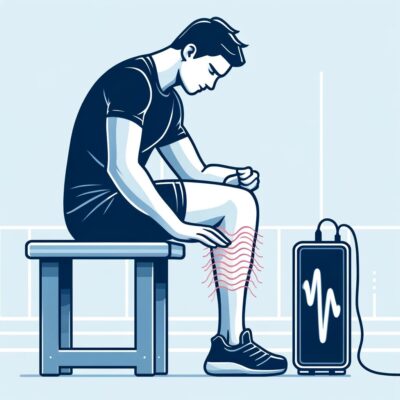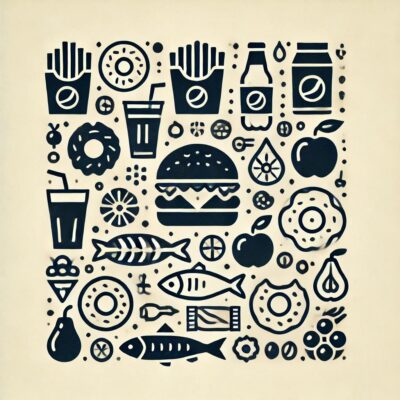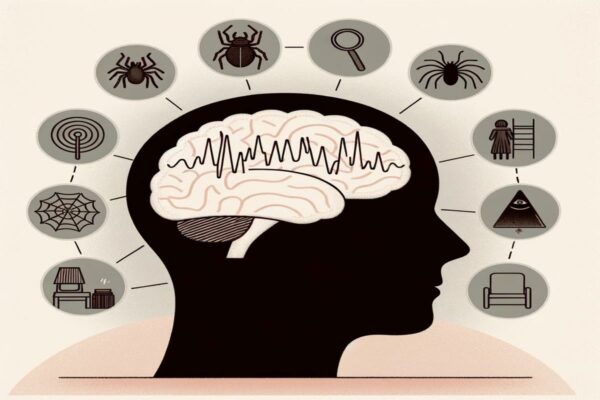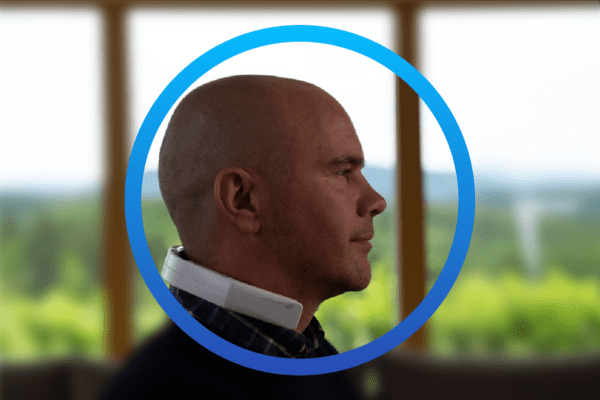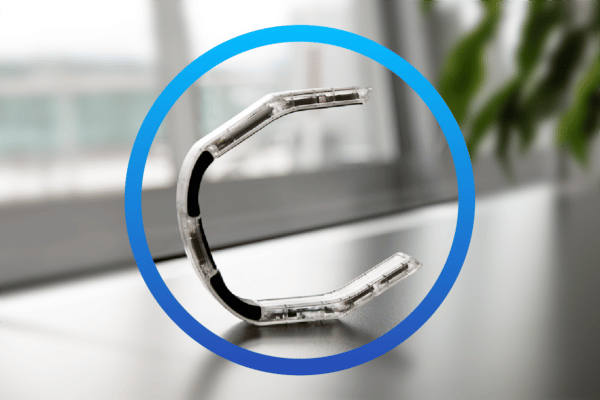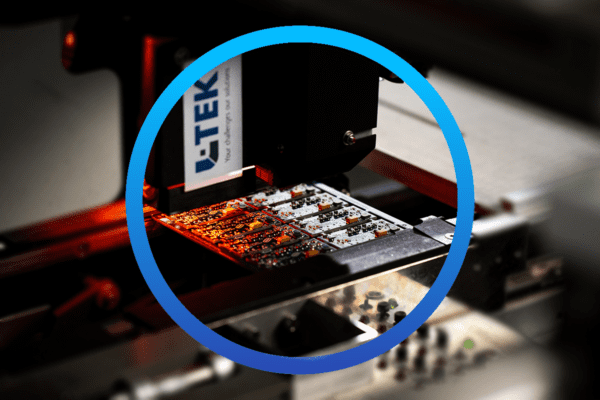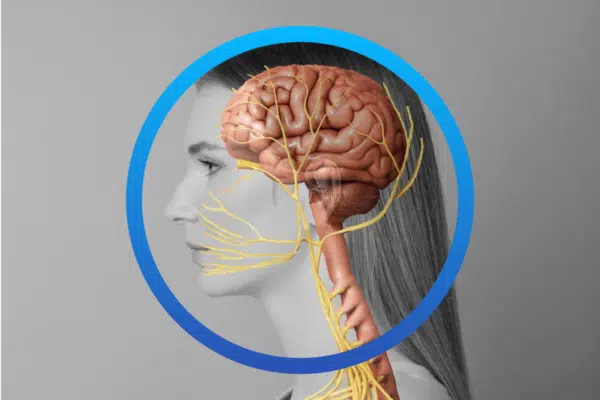Blog
Vagus Nerve and PEMF – The Science Behind
The vagus nerve, often referred to as the “superhighway” of the parasympathetic nervous system, plays a vital role in regulating inflammation, heart rate, digestion, and [...]
The Role of PEMF in Reducing Cortisol
In today’s high-stress, fast-paced world, finding natural ways to calm the nervous system and regulate stress hormones is essential. Pulsed [...]
Which Frequencies Help You Focus – and Which Keep You Creative?
When it comes to mental performance, not all brainwaves are created equal. Whether you’re trying to dive into deep work, [...]
The Best Vagus Nerve Stimulator? Comparing NeoRhythm to Nurosym, Gammacore, Pulsetto, and Sensate
Vagus nerve stimulation (VNS) has gained traction as a non-invasive therapy for enhancing overall well-being. While several devices claim to [...]
The Best Athletes Are Already Using PEMF
In the highly competitive world of sports, athletes continuously seek cutting-edge methods to improve performance, speed up recovery, and maintain [...]
How Nutrition Affects Inflammation and Pain – And How PEMF Can Help
Chronic inflammation is at the root of many health problems, including persistent pain, autoimmune disorders, and metabolic diseases. While medication [...]
How to Combine Nutrition and PEMF for Deep Regeneration and Better Sleep
Sleep is one of the most important components of our health and well-being, yet more and more people face insomnia [...]
